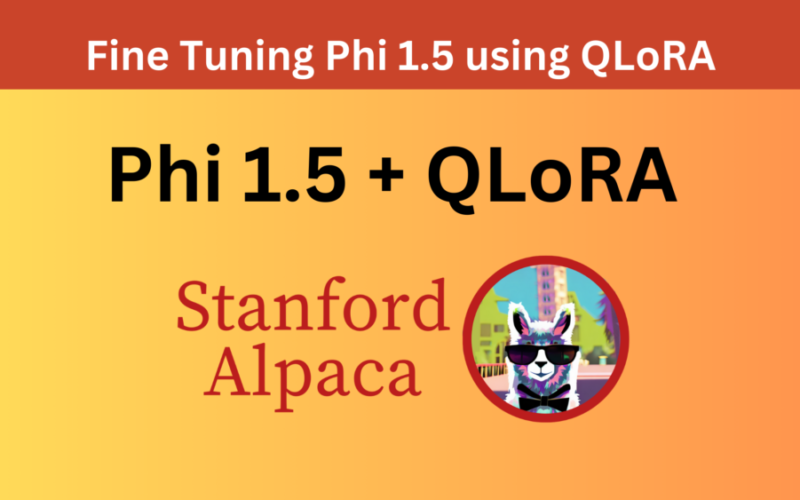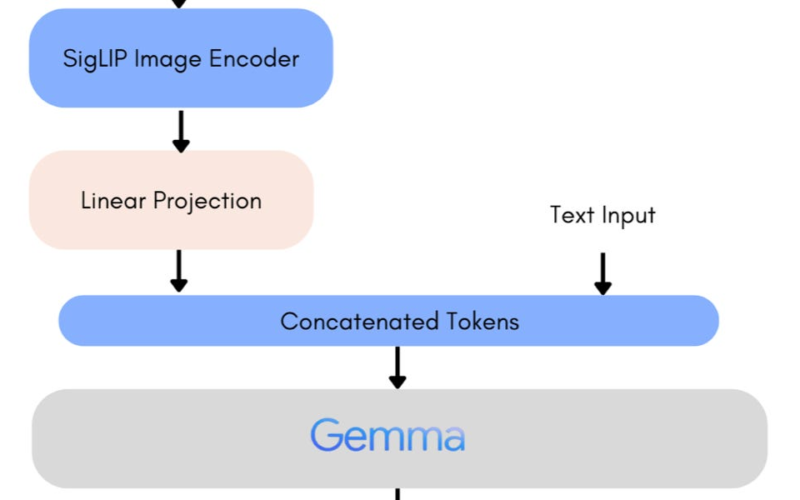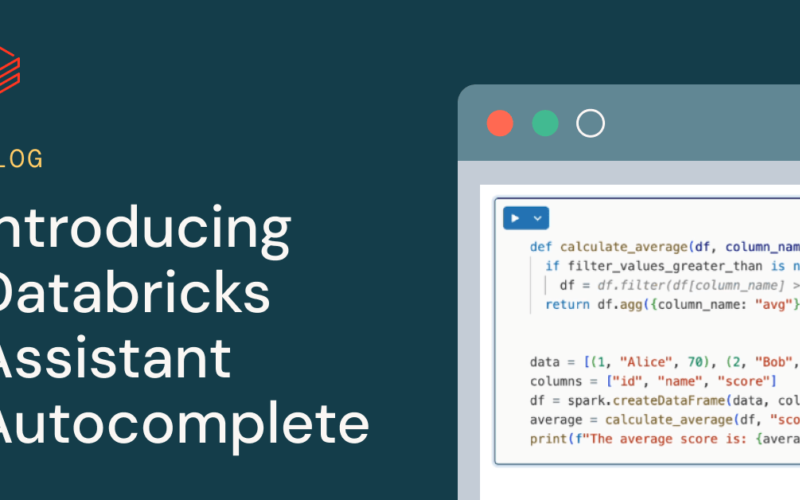22
May
arXiv:2405.12228v1 Announce Type: new Abstract: Stochastic optimization algorithms, particularly stochastic policy gradient (SPG), report significant success in reinforcement learning (RL). Nevertheless, up to now, that how to speedily acquire an optimal solution for RL is still a challenge. To tackle this issue, this work develops a fast SPG algorithm from the perspective of utilizing a momentum, coined SPG-NM. Specifically, in SPG-NM, a novel type of the negative momentum (NM) technique is applied into the classical SPG algorithm. Different from the existing NM techniques, we have adopted a few hyper-parameters in our SPG-NM algorithm. Moreover, the computational complexity is nearly same…






